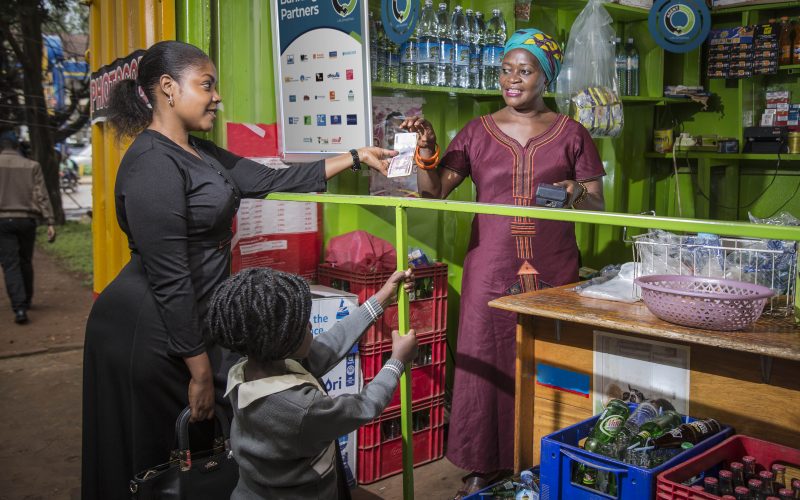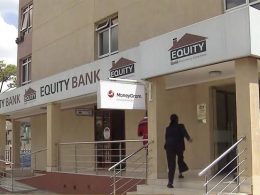A 2017 World Bank report stated that 1.7 billion adults in the world remain unbanked, that is without an account at a financial institution or through a mobile money provider. Closer to home, a 2018 survey conducted by Finscope reveals that only 58% of the Ugandan adult population hold a bank account.
Banks in Uganda have realised the need to address this shortfall and their solution is to take their services closer to the people. The concept of Agency Banking was conceived to enable financial institutions to drive financial inclusion and increase access to financial/banking services for a range of under-served and unbanked population segments.
Agency banking is a type of branchless banking that allows the traditional banks to extend their network of branches and services in a cost-efficient manner via the use of authorized agents.
The banks through their umbrella body the Uganda Bankers Association (UBA) established a shared interoperable technology platform and associated agent network management framework which harness the benefits that accrue from collaboration/convergence.
The system is managed by the Agent Banking Company (ABC) and regulated under an Act of the Parliament, namely the Financial Institutions (Amendment) Act, 2016 which created provisions for Agent Banking.
This approach enables agents to provide agent banking services to customers of any bank while the individual banking institutions continue to drive the recruitment of customers and marketing of their own products and services.
The UBA reported that, as of February 2020, 13 banks were registered on the ABC’s shared agent platform these being Stanbic, Absa, Bank of Africa, Diamond Trust Bank, DFCU, Housing Finance, Post Bank, Opportunity Bank, Centenary Bank, Tropical Bank, Finance Trust Bank, United Bank of Africa and Exim Bank.
In September 2020, there were 9,477 shared agents spread across the country who facilitated an average of 2.15 million transactions monthly.
Agents on the shared platform can facilitate deposits, withdrawals, utility bill payment, open accounts, do balance inquiries, provide mini statements, and handle school fees payments.
By taking banking services onto the streets, Agency Banking dramatically increases access to financial services. Customers using the shared agent network no longer need to travel to their specific banks to carry out transactions. They can access the banking services irrespective of the agent who in return serves customers from different banks thereby generating more business.
Agent banking has also played a part in reducing unemployment levels in Uganda, there are currently over 13,000 agents spread across the country. It is a source of an extra income for many agents and the flexibility allows them to offer the service in parallel to running a separate business.








